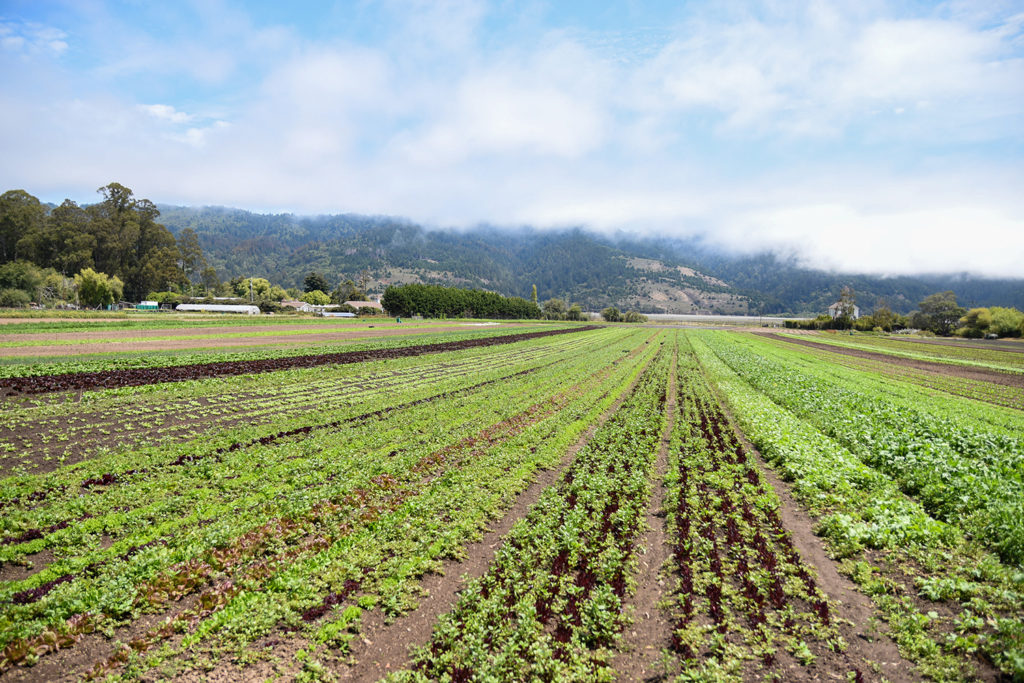Sustainable Food Is Better for the Environment

Modern industrial agriculture is a system of monocrops that erodes soils, pollutes air and water, and relies on synthetic pesticides and fertilizers.
Sustainable farmers and ranchers are known for their deep respect for the natural world. They use less fossil fuel, produce fewer greenhouse gases, and often depend on human labor rather than chemicals and energy-intensive technology. Sustainable farms encourage biodiversity, conserve scarce water resources, and build healthy soil through techniques like composting and planting cover crops. Sustainable ranchers raise a moderate number of animals at a time—not more than the land can support—and often rotate the animals around a pasture to minimize their impact.
Environmentally sound food doesn’t stop at the farm; conscientious food artisans, restaurants and manufacturers also have a role to play. For example, they can green their businesses by using locally grown, sustainable ingredients, energy-saving production practices, and waste-free packaging.
A few examples:
- The land where Four Sisters Farm sits had only 3 inches of topsoil when the farm began. Today they boast 20-24 inches.
- Lagier Ranches keeps geese in the orchards to control weeds and add nutrients to the soil.
- Saint Benoit Yogurt sells their product in reusable ceramic crocks that have prevented at least one million plastic containers from entering landfills.
